Acute Diarrhoea is not a disease itself but a symptom that can have many possible causes. Experiencing diarrhoea can be very unpleasant and can cause the body to lose a lot of fluid and dehydrate.
It is characterised by strong urges to go to the toilet multiple times throughout the day and frequent loose, watery stools. It’s very common in both adults and children.
What causes Diarrhoea?
Acute diarrhoea (coming on quickly and severely) is usually caused by gut infections which lead to gastroenteritis (gastro).
Acute diarrhoea will last for less than 2 weeks.
Viral infections: most cases of ‘gastro’ are caused by viral infections. This could include rotavirus, norovirus, and viral gastroenteritis. Rotavirus is the most common cause of acute diarrhoea globally, causing around 40% of hospitalizations in children under 5 years old.
Bacterial infections: many of us have had the uncomfortable experience of food ‘poisoning’. Eating food contaminated with bacteria (e.g. Salmonella and E. coli) can lead to diarrhoea 12-48 hours after. Milk and chicken can be of particular risk if preparation or storage are inadequate.
Other Causes: acute diarrhoea can also be caused by food intolerances, high alcohol consumption, or an adverse reaction to certain medicines. If diarrhoea continues for more than 2 weeks it may be a symptom of conditions such as irritable bowel syndrome (IBS), inflammatory bowel disease (IBD), or celiac disease.
There are many different symptoms of diarrhoea beyond frequent loose, watery stools. What ones you experience depend on the cause. Common symptoms can include:
- Frequent, intense urge to evacuate bowels.
- Stomach cramps.
- Abdominal pain.
- Bloating and flatulence.
- Nausea.
- Fever.
- Dizziness and anxiety.
- Dehydration.
The symptoms of diarrhoea will often leave you feeling tired, weak, and unwell.
Risks of Diarrhoea (Dehydration)
The main risk from diarrhoea is dehydration. This is because diarrhoea can cause you to lose more body fluids than you take in. This is especially relevant for those who are more at risk e.g. babies, young children, and the elderly. The symptoms of dehydration include:
How can Diarrhoea be Treated?
Rehydration
The most important treatment of diarrhoea is preventing dehydration and replacing lost fluids.
- Keep up your fluid intake as soon as diarrhoea starts to avoid dehydration. Drink small amounts of water often.
- Babies and children can be given small amounts of fluid often – a teaspoon every minute.
- Oral rehydration solutions contain the right amounts of electrolytes, glucose, and water to replace lost nutrients.
- If symptoms are mild, adults and children can have diluted drinks (juice, cordial, and fizzy drinks), or soup.
Medicines
Acute diarrhoea will stop on its own in under 2 weeks. However, experiencing these symptoms can be disruptive and uncomfortable. Medicines are available to control diarrhoea in the short-term for those over 12 years old. These medicines can be taken alongside oral rehydration solutions to provide relief by:
- Slowing the movement of the gut, reducing the number of bowel motions, and firming up runny stool.
- Relieving stomach pain, and abdominal cramps.
How can Diarrhoea be Prevented?
If someone close to you has ‘gastro’ you must be mindful that it spreads very easily through hand-to-mouth contact after touching contaminated surfaces, or from contaminated food.
To help prevent the spread of diarrhoea:
- Wash hands thoroughly and regularly with soap and dry them well.
- Wash hands after going to the toilet, and after changing babies’ nappies.
- Wash hands before handling food and use clean kitchen utensils for food preparation.
- Avoid sharing food and drinks.
- Keep milk cold and in fridge.
- Cook raw chicken very well.
- Do not store raw meat near cooked meat.






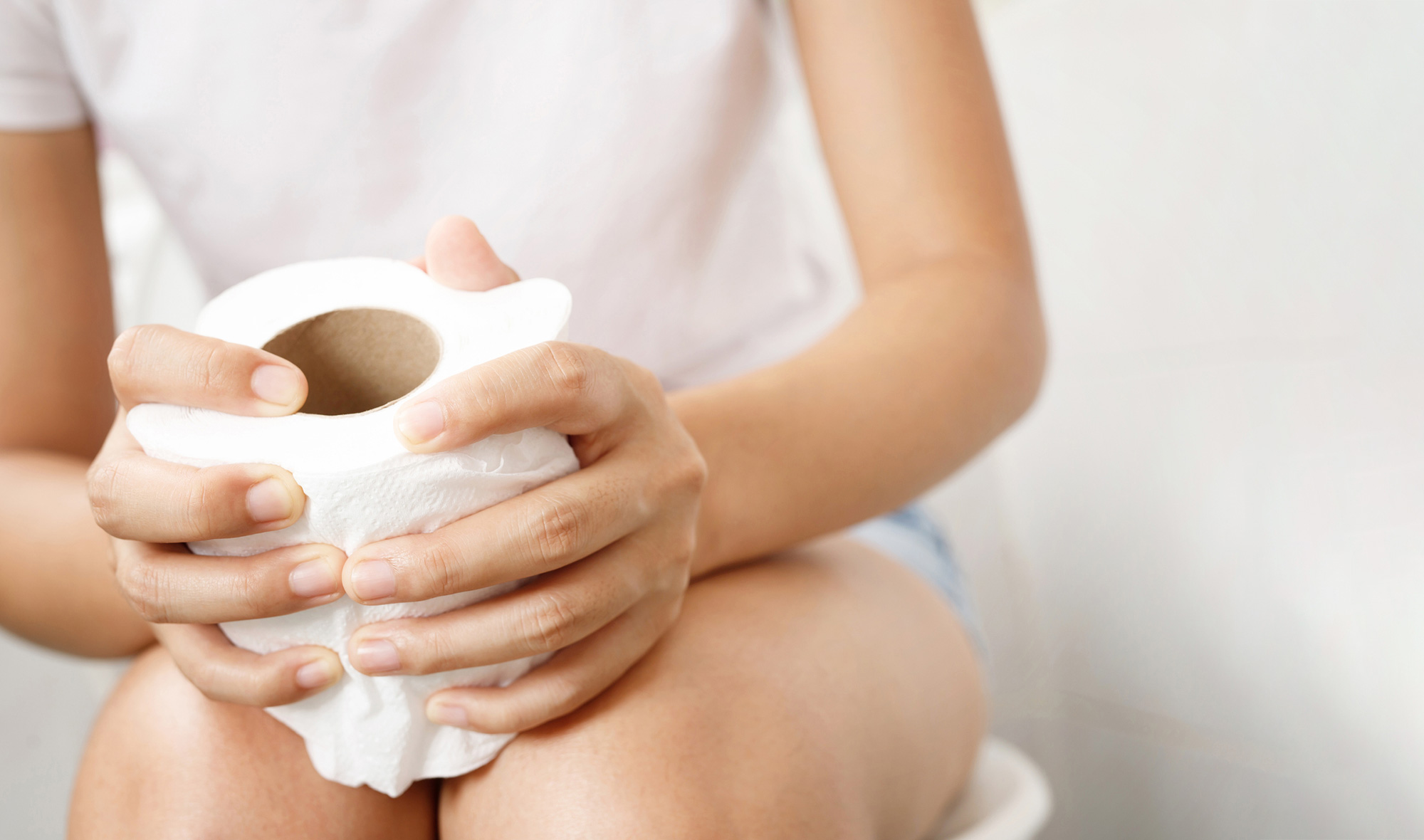

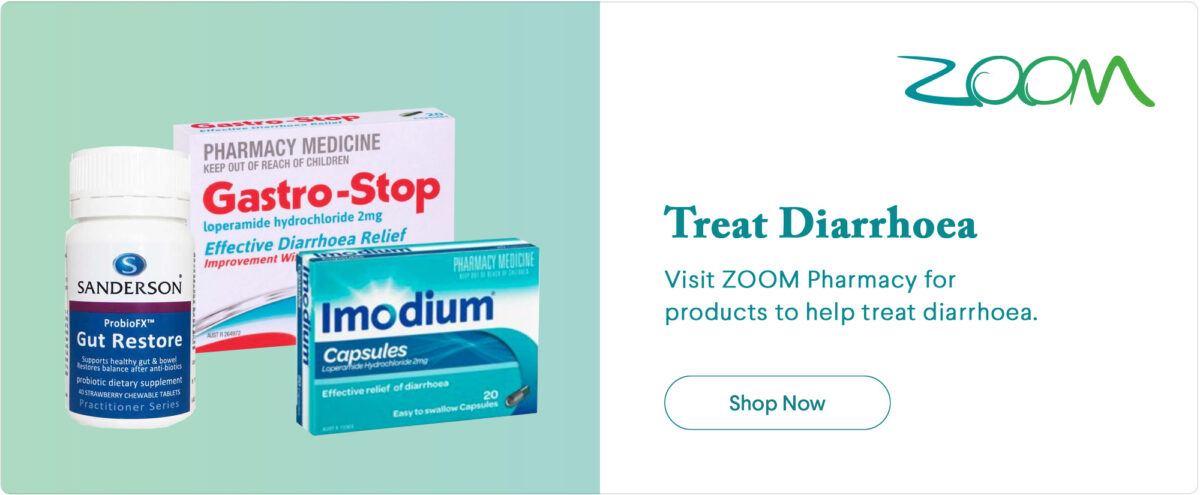
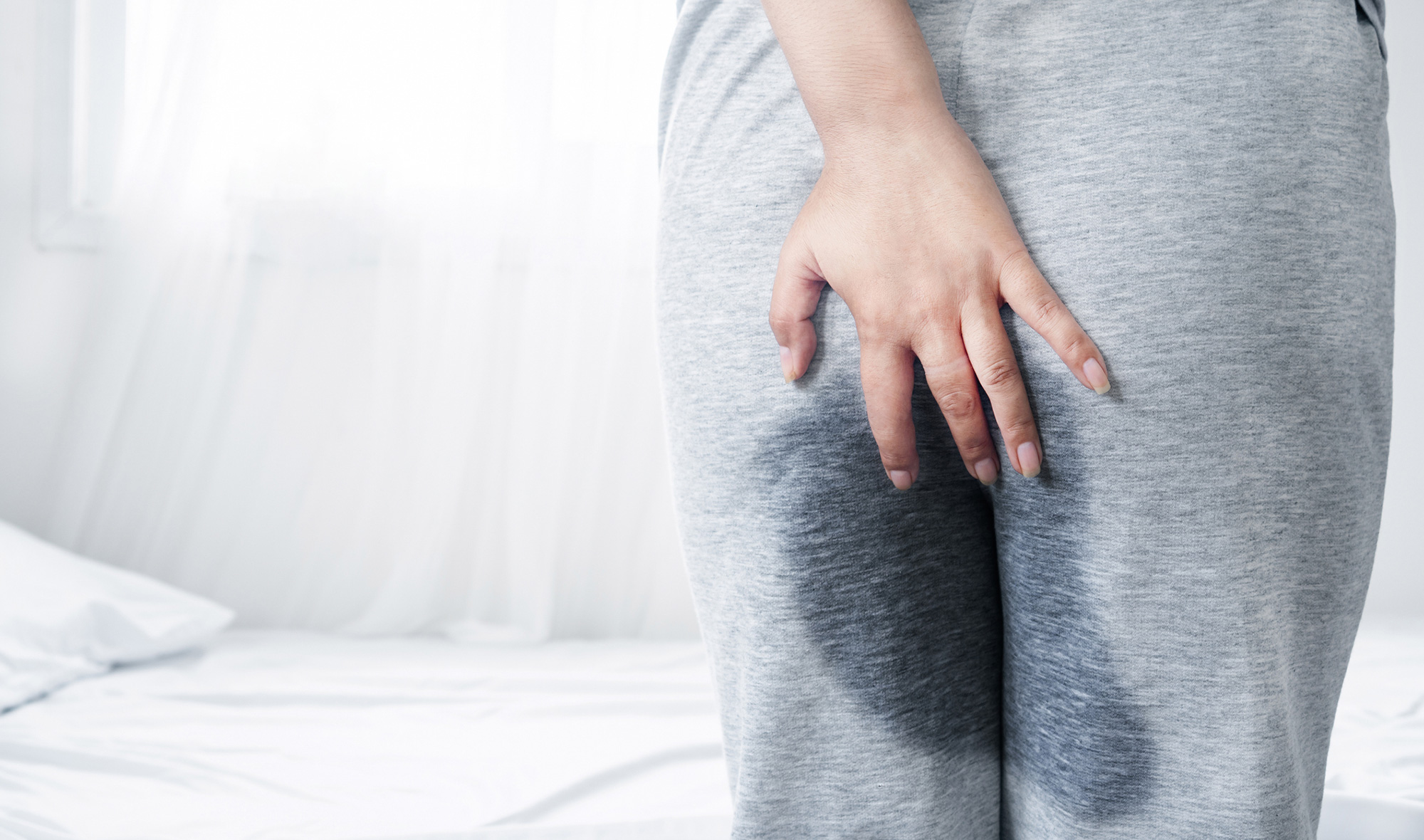
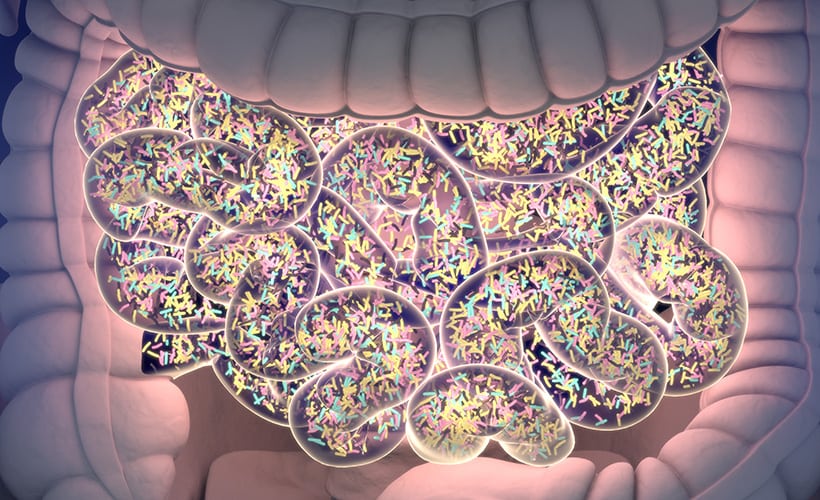
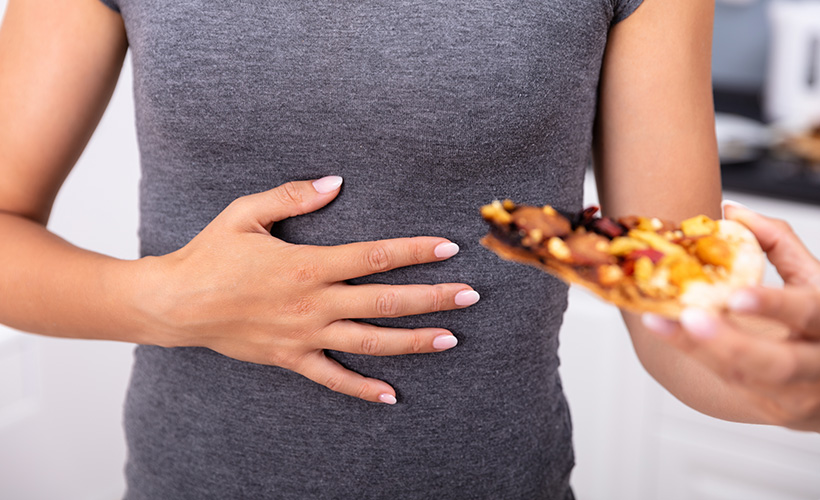
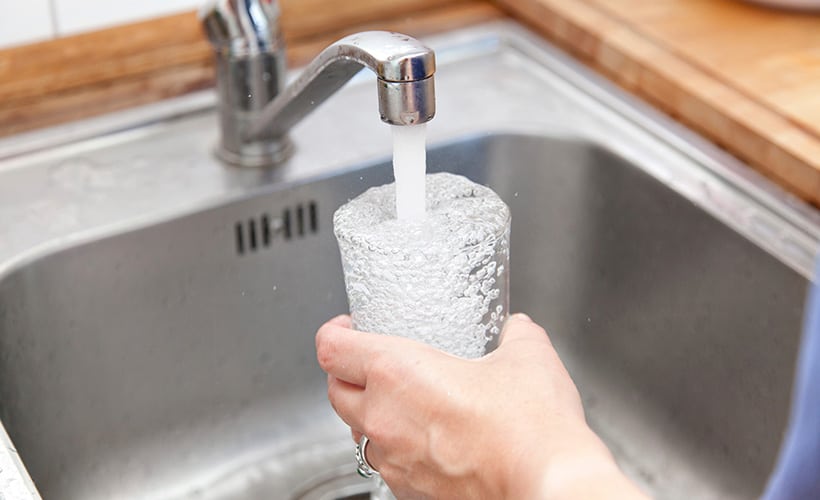


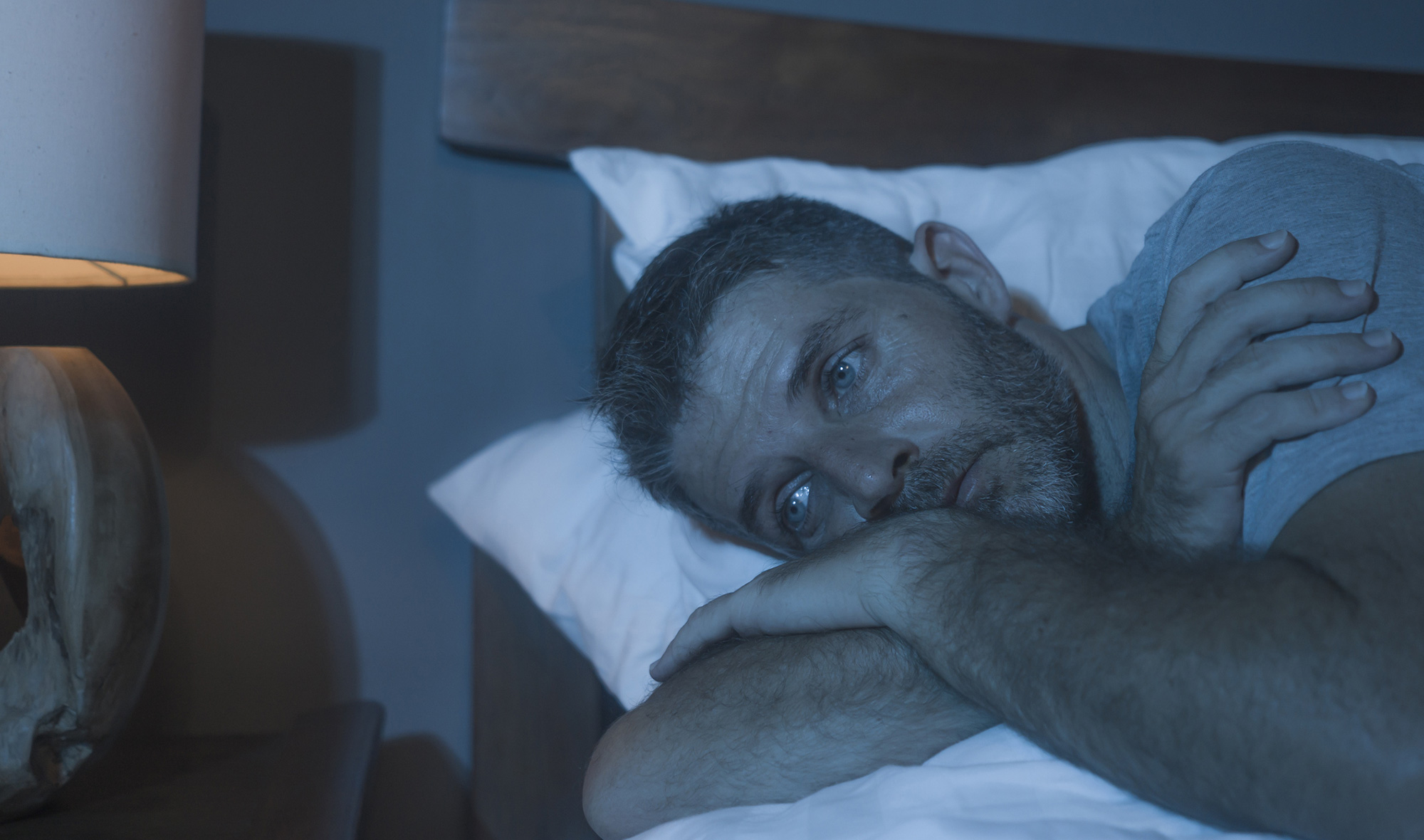
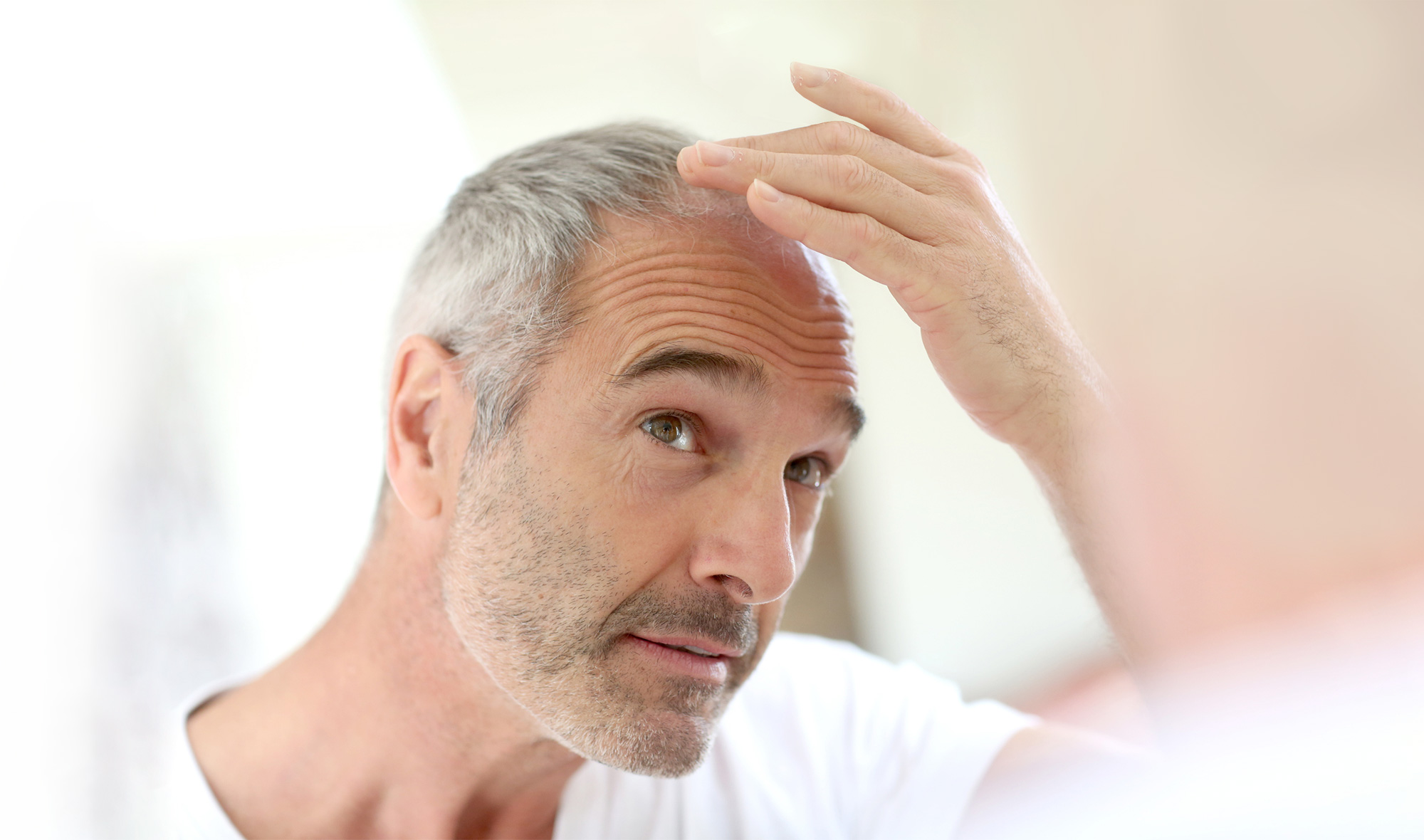
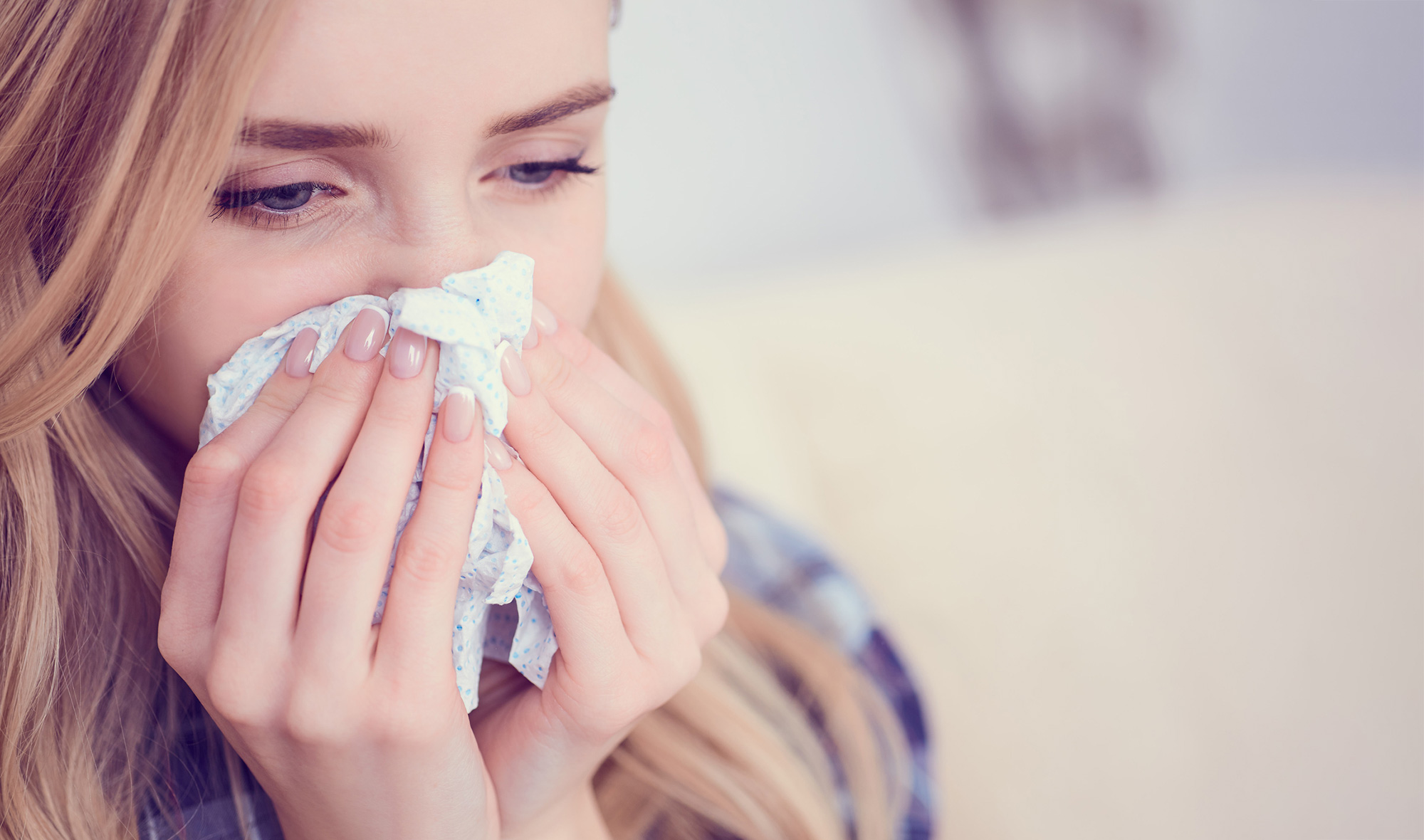

Community